Black mold in dishwasher -- safe?
mustang51
10 years ago
Featured Answer
Comments (22)
kksmama
10 years agoraee_gw zone 5b-6a Ohio
10 years agoRelated Professionals
Carlisle Kitchen & Bathroom Designers · Southampton Kitchen & Bathroom Designers · Feasterville Trevose Kitchen & Bathroom Remodelers · Kettering Kitchen & Bathroom Remodelers · New Port Richey East Kitchen & Bathroom Remodelers · Park Ridge Kitchen & Bathroom Remodelers · Saint Augustine Kitchen & Bathroom Remodelers · Thonotosassa Kitchen & Bathroom Remodelers · Plant City Kitchen & Bathroom Remodelers · Alafaya Cabinets & Cabinetry · Alton Cabinets & Cabinetry · Palos Verdes Estates Cabinets & Cabinetry · Warr Acres Cabinets & Cabinetry · Tabernacle Cabinets & Cabinetry · Elmwood Park Tile and Stone Contractorsweissman
10 years agojellytoast
10 years agoFori
10 years agoVertise
10 years agoraee_gw zone 5b-6a Ohio
10 years agokrycek1984
10 years agoweissman
10 years agosuzanne_sl
10 years agojellytoast
10 years agocamlan
10 years agodaveyg1958
10 years agouther
10 years agoGauchoGordo1993
10 years agoJoseph Corlett, LLC
10 years agoamykath
10 years agonosoccermom
10 years agopaulaahles
6 years agolast modified: 6 years agonew-beginning
6 years agosuzanne_sl
6 years ago
Related Stories

HOUSEKEEPINGTackle Big Messes Better With a Sparkling-Clean Dishwasher
You might think it’s self-cleaning, but your dishwasher needs regular upkeep to keep it working hard for you
Full Story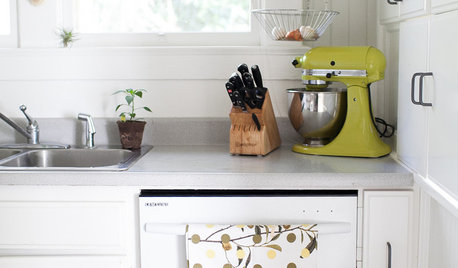
HOUSEKEEPINGDishwasher vs. Hand-Washing Debate Finally Solved — Sort Of
Readers in 8 countries weigh in on whether an appliance saves time, water and sanity or if washing by hand is the only saving grace
Full Story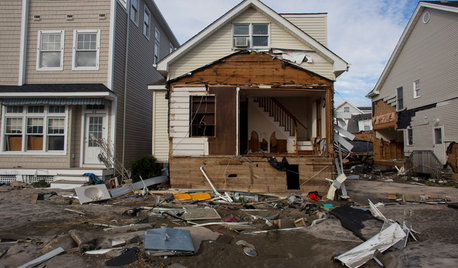
DISASTER PREP & RECOVERYHow to Combat Mold in a Flooded House
Before you rebuild or restore your water-damaged home, take these steps to keep mold at bay
Full Story
KITCHEN DESIGNKitchen Confidential: Go Bold on a Budget
Discover 5 ways this black and white beauty broke the mold but not the bank
Full Story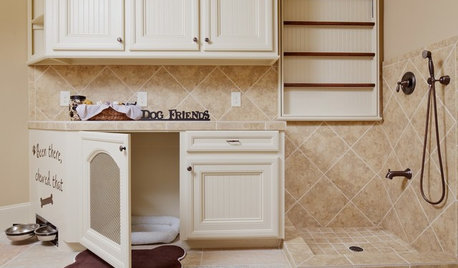
PETSThe Crate Conundrum: A Safe Place for Your Pooch
Get ideas for a comfy den for your dog that works well with your space too
Full Story
BLACKHow to Decorate With Brown, Black — or Both
Black is best for engineered materials; brown works great for textures — and more designer tips for working with these two classic colors
Full Story

KITCHEN DESIGNKitchen of the Week: Pushing Boundaries in a San Francisco Victorian
If the roll-up garage door doesn’t clue you in, the blue cabinets and oversize molding will: This kitchen is no ordinary Victorian galley
Full Story
BROWNBeige to Almost Black: How to Pick the Right Brown
Warm your home with paint the color of lattes, espresso and chocolate
Full Story
COLORWake Up Your Woodwork With Black
Strike a dramatic note with black window frames, shelves, stairs and more, making features stand out or blend in
Full Story






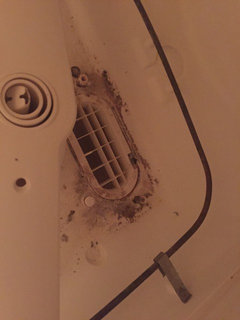
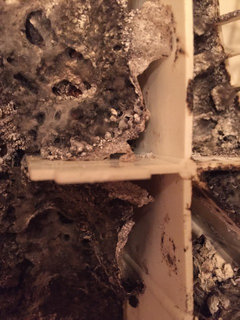
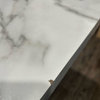
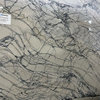

bpath